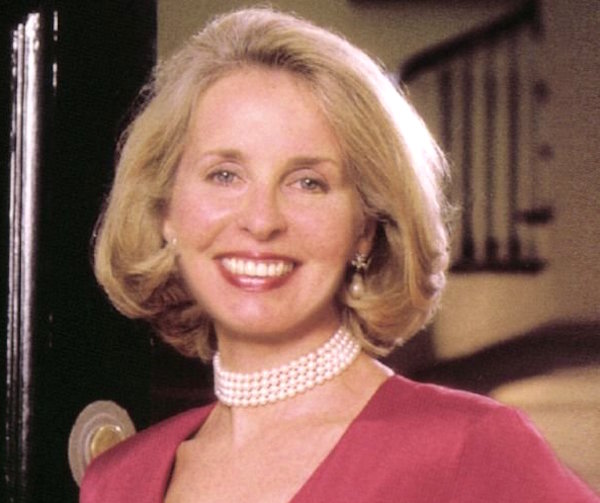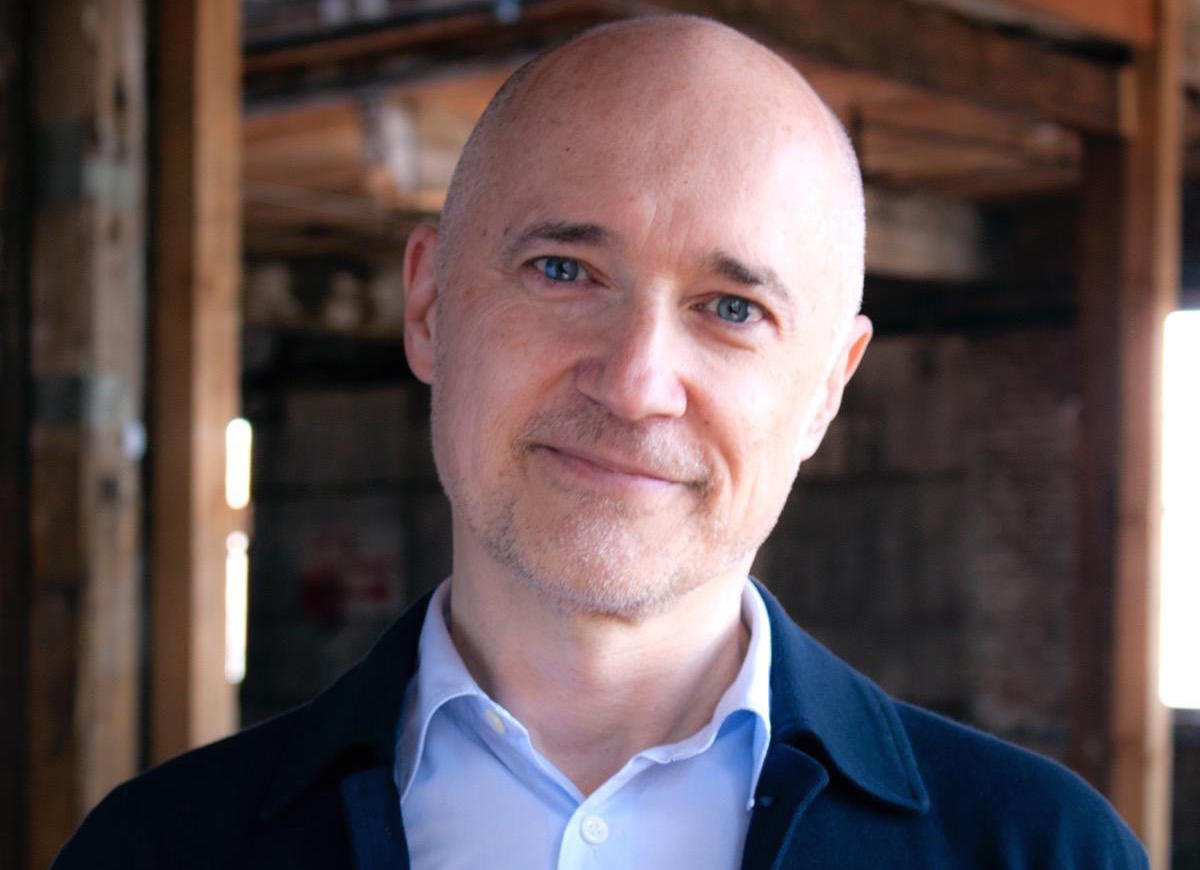Almost 11 years ago,Widow who Fell For Her Son’s Friend’s Stuff She Met On A Matching App (2025) Ian Hecox and Anthony Padilla uploaded their first video to YouTube, a grainy lip sync to the Power Rangerstheme song.
Last year, the comedy duo starred in their first film, Smosh: The Movie. The production values were slightly higher.
In between, Hecox and Padilla became an internet sensation, known as Smosh, and signed on with Defy Media, one of the many companies that sprung up to produce and promote the rising wave of YouTube talent that has drawn young audiences away from TV.
Now, Defy Media has raised $70 million as it looks to expand production and make content that reaches far beyond YouTube. Keith Richman, president of Defy, said the investment would help the company take advantage of what he sees as billions of dollars in television money that is headed online.
"As good as the business might be today, we think of where the world is going and all this money that is up for grabs. That's what we're putting ourselves in a position to get, a piece of this $100 billion market," Richman said in an interview with Mashable.
Private investment firm Wellington Management Company led the investment. Defy's earlier investors include traditional media companies Viacom and Lionsgate, as well as ABS Capital and Zelnick Media Capital.
Defy is far from alone in receiving major financial backing for its youth-oriented online audience. Disney dropped $500m on Maker Studios, a deal that included another $450m in performance incentives, and Fullscreen is majority owned by AT&T and Chernin Media.
In addition to its crown jewel of Smosh, Defy is home to brands like Clevver, Screen Junkies and various others that produce more than 70 weekly shows. The company boasts a combined 100 million social followers across its brands, which generate more than 800 million monthly video views.
Once found only on YouTube, Defy's talent can now be seen on a variety of platforms, many backed by some of the biggest traditional media companies, which are looking to cater to the viewing tastes of younger people. Defy content is on Comcast's Watchable, Verizon's go90, Amazon Prime Video, Spotify and plenty of others.
Defy is even trying out its own subscription service, having launched Screen Junkies Plus. The $5-per-month service features an original scripted program and other content not published for free on YouTube.
The audacity to launch its own service hints at just how confident Defy is in its content. Richman said that there's still a ways to go, but that Defy now has the money and talent to take advantage of changing consumer habits.
"Because value is getting more directly attributed to success, a lot of people are going to be revealed as having irrelevant brands, small audiences and stuff people won't pay for," he said. "When we look at the world and we look at our position in it, we just get really excited."
CORRECTION: This post previously identified Anthony Padilla as Daniel Padilla.
(Editor: {typename type="name"/})
 Best JBL deal: Save $10 on the Go 4 at Amazon
Best JBL deal: Save $10 on the Go 4 at Amazon
 “Hw r u ts mng?” Telegraphy Abbreviations from 1901
“Hw r u ts mng?” Telegraphy Abbreviations from 1901
 Today in Found Poetry: Sally Quinn, Underlined
Today in Found Poetry: Sally Quinn, Underlined
 Winning Her Back: Natalie Clifford Barney and Renee Vivien
Winning Her Back: Natalie Clifford Barney and Renee Vivien
Should You Quit Your Job To Go Make Video Games?
Are Machines Changing Translation from an Art to a Science?
 Man Versus Machine, Part 1,000,000,001, and Other NewsBy Dan PiepenbringJune 9, 2015On the ShelfIn 1
...[Details]
Man Versus Machine, Part 1,000,000,001, and Other NewsBy Dan PiepenbringJune 9, 2015On the ShelfIn 1
...[Details]
Staff Picks: Barba, Norris, T.H. White
 Staff Picks: Philosophical Falconry, Monologuing MasseusesBy The Paris ReviewMay 15, 2015This Week’s
...[Details]
Staff Picks: Philosophical Falconry, Monologuing MasseusesBy The Paris ReviewMay 15, 2015This Week’s
...[Details]
Staff Picks: Barba, Norris, T.H. White
 Staff Picks: Philosophical Falconry, Monologuing MasseusesBy The Paris ReviewMay 15, 2015This Week’s
...[Details]
Staff Picks: Philosophical Falconry, Monologuing MasseusesBy The Paris ReviewMay 15, 2015This Week’s
...[Details]
Waitin’ on the Student Debt Jubilee
 Your Sorry Ass
...[Details]
Your Sorry Ass
...[Details]
New on Our Masthead: Susannah Hunnewell and Adam Thirlwell
 New on the Masthead: Susannah Hunnewell and Adam ThirlwellBy Lorin SteinMay 20, 2015BulletinSusannah
...[Details]
New on the Masthead: Susannah Hunnewell and Adam ThirlwellBy Lorin SteinMay 20, 2015BulletinSusannah
...[Details]
We Fear Clowns. But What Do Clowns Fear?
 Clown Pain Is True Pain, and Other NewsBy Dan PiepenbringMay 29, 2015On the ShelfHans Breinlinger, C
...[Details]
Clown Pain Is True Pain, and Other NewsBy Dan PiepenbringMay 29, 2015On the ShelfHans Breinlinger, C
...[Details]
Václav Havel: Outtakes from an Interview by Adam Thirlwell
 Václav Havel: Outtakes from an InterviewBy Adam ThirlwellDecember 20, 2011At WorkMy first memory of
...[Details]
Václav Havel: Outtakes from an InterviewBy Adam ThirlwellDecember 20, 2011At WorkMy first memory of
...[Details]
Today's Hurdle hints and answers for May 5, 2025
 If you like playing daily word games like Wordle, then Hurdle is a great game to add to your routine
...[Details]
If you like playing daily word games like Wordle, then Hurdle is a great game to add to your routine
...[Details]
Richard McGuire on “Here,” His Groundbreaking Graphic Novel
 Split Screens: An Interview with Richard McGuireBy Leanne ShaptonJune 12, 2015At WorkPhoto © Maelle
...[Details]
Split Screens: An Interview with Richard McGuireBy Leanne ShaptonJune 12, 2015At WorkPhoto © Maelle
...[Details]
Best Kindle Unlimited deal: Get 3 months of Kindle Unlimited for 99 cents

Poetry for Robots: Can We Use Verse to Teach Robots to Feel?

接受PR>=1、BR>=1,流量相当,内容相关类链接。